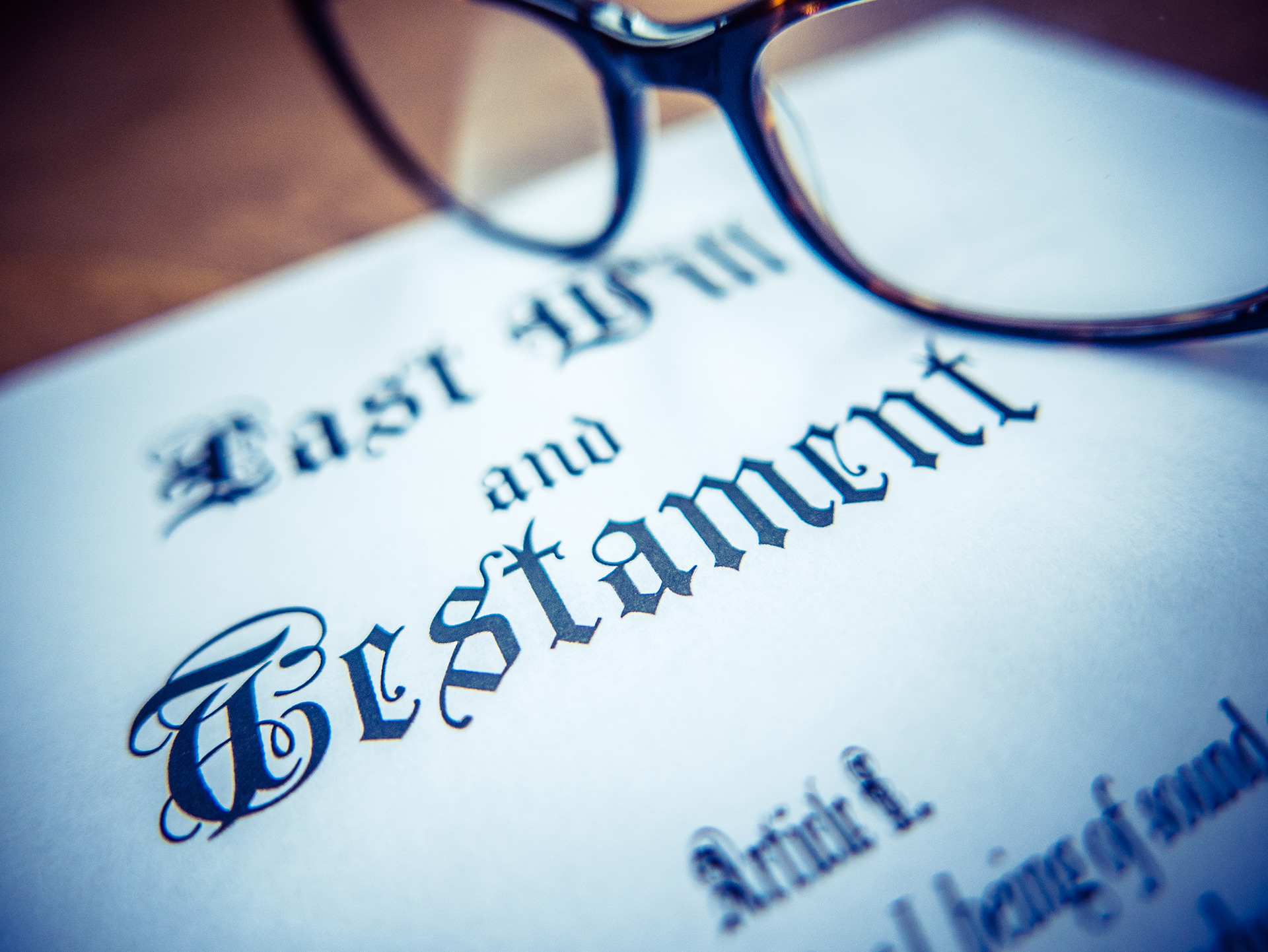
10 Aug No Will, No Way
More than half of Canadians don’t have a will. Ultimately, this lack of foresight is a truly selfish decision. It leaves your family members in a terrible position where they have to guess what you would have wanted.
Let’s say you didn’t do any estate planning. You think you don’t have enough money for it to be a real problem. Or maybe it was just too hard for you to think about at the time.
What really happens when you die intestate, or without a will? What’s the worst case scenario?
The government will divide up your assets. Estate planning puts you in control. You decide who gets your RRSP and who gets your condo. You ensure your debts are paid and other financial considerations are considered carefully.
The estate will be delayed. Rather than appointing an executor, who can begin work on the estate immediately, dying intestate means someone will have to apply to the government to administer the estate. This delays access to the estate and also incurs additional costs.
There will be additional costs. Not only are there fees for beginning work on the estate, but there will be income tax on the estate. With a carefully considered estate plan, for example, you can maximize the spousal rollover on certain assets; this won’t be possible without a will.
Your family will fight over assets that they expected. When you make an estate plan, you can share those plans with your family ahead of time. You have time to ensure you’re giving an appropriate amount to each person, and those people have time to get used to align their expectations with reality.
Lawyers will earn large fees on estate litigation. Without an estate plan, your family members may have outsized expectations based on the assets they think you have to share. Then they are angry when they didn’t receive enough to match those expectations – and they start hiring lawyers to demand more.
Certain family members will expect reward. If you have one relative living nearby who is looking after you, that relative may expect a reward for doing so. You may want that relative to inherit more – but you may not. Planning in advance ensures you think the issues through thoroughly.
Your minor children will be an afterthought. In the absence of a designated guardian, the courts will decide who looks after your minor children. The courts do the best they can to find an appropriate guardian for your children, but it would be better if you selected someone ahead of time.
Your heirs will behave irresponsibly. Some worry their kids may stop working or behaving responsibly if they know they are due for an inheritance. But planning your estate doesn’t mean granting your children unlimited access to your hard-earned millions. Creating an estate plan means you put supports in place to ensure everyone gets what they need.
Your last wishes become someone’s best guess. Without a designated executor to respectfully implement your last wishes – burial, cremation, other – the court appointee will have to make a plan.
Your family will struggle to make decisions. It can be incredibly challenging for family members to try to determine your wishes when it comes to mental and physical incapacity. But many estate plans also include health care directives, which can spell out for them what you would prefer.
You have a choice. Your estate can be managed by the government or its appointee – or by you. Estate planning puts you in the driver’s seat. All you have to do is press the accelerator.


Sorry, the comment form is closed at this time.